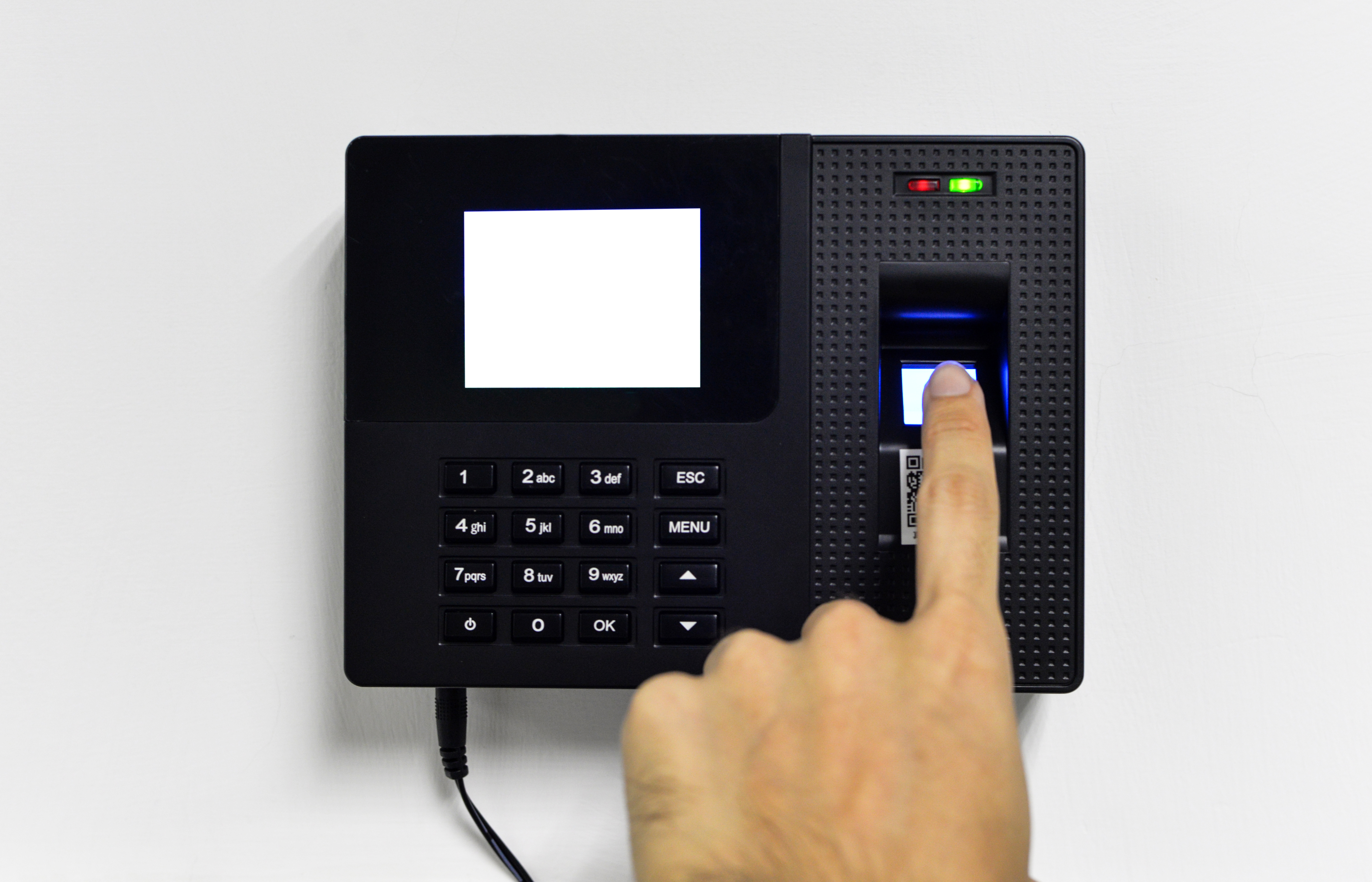
In an era of increasing global security threats and ever-growing air traffic volumes, airports worldwide are turning to advanced biometric systems as a cornerstone of their security infrastructure. These sophisticated technologies, which leverage unique physiological characteristics for identity verification, offer a promising solution to the complex challenges of maintaining robust security measures while simultaneously improving operational efficiency and enhancing the passenger experience. This article explores the current state of biometric technology in aviation security, its implementation strategies, challenges and the transformative impact it promises for the future of air travel.
Biometric systems in airports have progressed far beyond simple fingerprint scanners. Today's advanced systems incorporate a suite of technologies, including:
The integration of biometric systems into existing airport infrastructure presents both opportunities and challenges
Advanced biometrics enable a "single token" travel experience, where a passenger's biometric data serves as their boarding pass, identification and passport throughout their journey. This significantly reduces processing times and enhances the overall travel experience.
The collection and storage of biometric data raise significant privacy concerns. Airports and airlines must implement robust data protection measures and comply with stringent regulations such as the EU's General Data Protection Regulation (GDPR).
For biometric systems to be truly effective, there must be global standardization and interoperability. Organizations like the International Civil Aviation Organization (ICAO) play a crucial role in developing these standards.
Biometric systems significantly bolster airport security in several key areas
Advanced facial recognition systems can rapidly cross-reference passengers against international watch lists, enabling real-time threat detection.
Biometric access control systems ensure that only authorized personnel can access sensitive areas of the airport, reducing the risk of insider threats.
By integrating biometrics with artificial intelligence, airports can detect suspicious behavior patterns, allowing for proactive security interventions.
The implementation of biometric systems offers substantial operational benefits:
The future of biometric systems in airport security is poised for further advancements:
The integration of advanced biometric systems in airport security represents a paradigm shift in how we approach aviation safety and passenger processing. While challenges remain, particularly in the realms of privacy and global standardization, the potential benefits in terms of security enhancement, operational efficiency and passenger experience are undeniable. As technology continues to evolve, biometric systems will undoubtedly play an increasingly central role in shaping the future of air travel security.
If you need any services, drop us a mail at Rohitkumar.Singh@gmrgroup.in or get in touch with us at +919717199753.